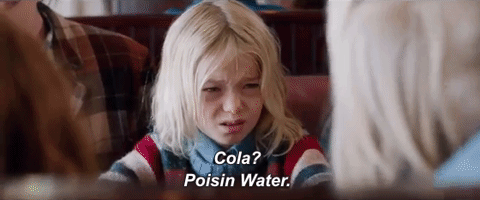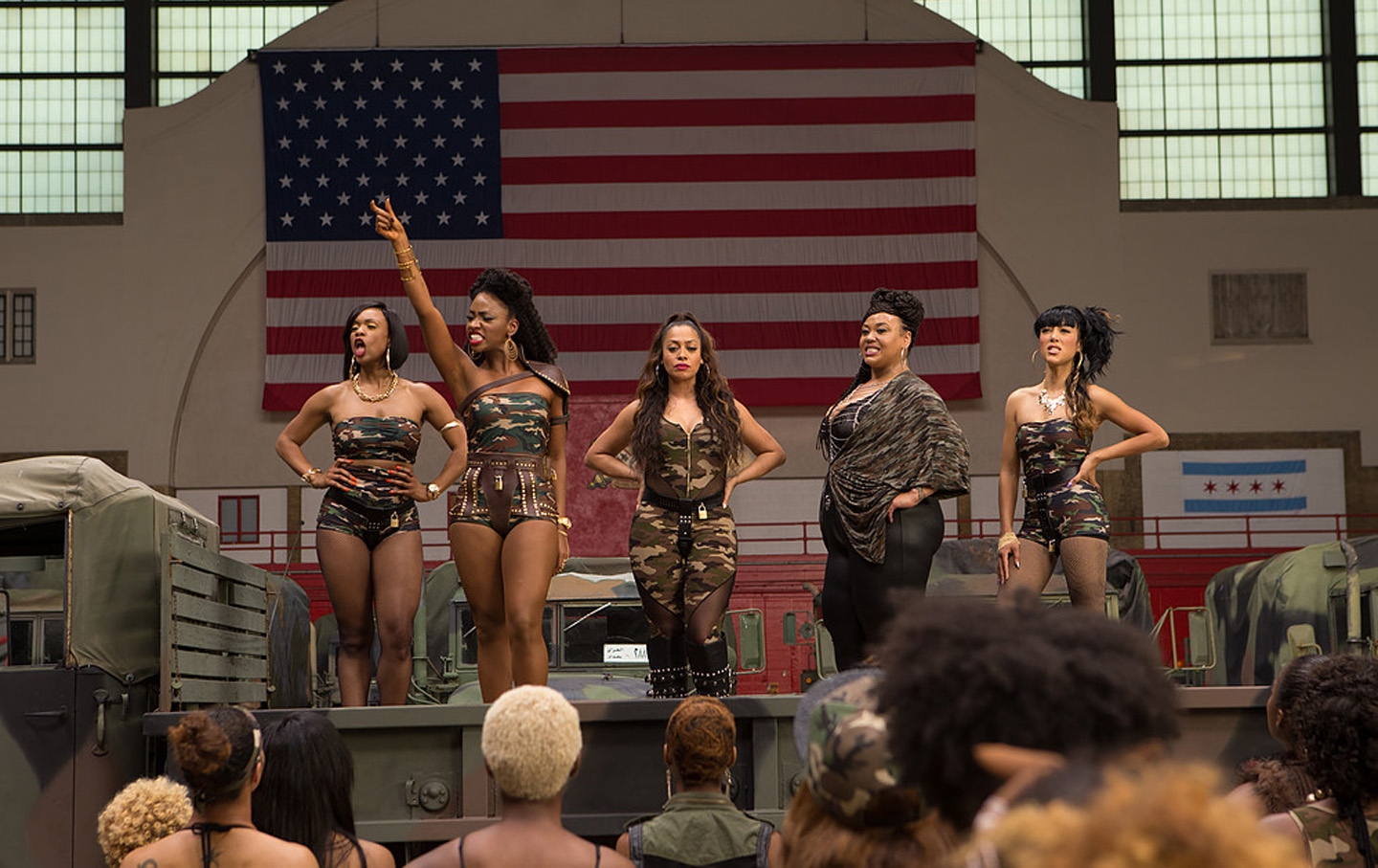Winter's Bone and Captain Fantastic are both films that share the theme of family, able to portray how each is exceptionally different and how they all share their own individual struggles, this is not their only similarity as they both are alike in setting with both films having a connection to nature and the forest through the locations of their characters.
WB has a sort of rustic feel to the film as it explores parts of America that are not normally known as prominent locations in film and shows the grittier side of the country in a indie genre stylised manner, opposing towards Captain Fantastic's comedic drama; Captain Fantastic is able to provide warmth with it's humor in a way that WB can't, although WB does have occasional moment that could be thought of as humorous it is on the darker side of the spectrum and isn't particularly obvious like many parts of Winter's Bone it has a theme of secrecy with the setting of tall trees and peering neighbours seemingly shrouded with mystery.
Critically both films did exceptionally well, with Captain Fantastic receiving a
83% on the
Rotten Tomatoes tomatometer and audiences describing it as
"An irresistible and intelligent film that understands the fascinating complexity of its main character, his questionable actions and the way he believes to be the best to raise his children - which inspires our sympathy." as did Winter's Bone which actually did better receiving a
94% "Bleak and disenchanting look at the dark side of the American countryside. Carried by great acting performances and the fascinatingly gloomy criminal networks of Ozark County."

While WB aims to shock and slightly disgust, this is shows rather explicitly through the scene in which the main character is forced to sever a limb of a man who potentially may be her father; In contrast to this Captain Fantastic aims to invoke your interest and force you to question the way you think, it does this also through the presentation of its main character and how he chooses to raise his fam9ily by unconventional means that in today's society are regarded as 'abuse' yet his children seem much more capable than others in their age bracket, it opens up questions on what lessons are actually best to pass onto children and which lessons children should be allowed to learn themselves. This is perhaps done to challenge the social construct that being in a school environment is the best and only way to learn as shown in the scene in which the main character's seven year old daughter is pitted against her older cousin in a challenge of intelligence, both are asked the same question (what is the American Bill of Rights) and while the cousin, who is meant to represent the average american child, is unable to answer the daughter is able to eloquently answer to the degree of someone who'd studied law.
Both films also examine the importance of parental presence, as WB's present one parental figure as psychologically absent and the other as potentially dead criminal it is imminently clear that within their family the teenage main character (Ree Dolly) is the parental figure, taking on the responsibilities of looking after her two younger siblings and their home. This is done like Captain Fantastic in a way that reflects our current society and allows audiences to question their presence in their homes within their on families and how it is affected by their absence of lack thereof. WB explains that familial ties have the ability to hold you back as much as they have the ability to propel you forward, depending on how close your family is. During the film the main character goes on a journey and asks anyone regarded as family for help yet they choose to turn against her in a bid to save themselves, showing there is more to family than blood as it depends on what you can actually do for your family.




